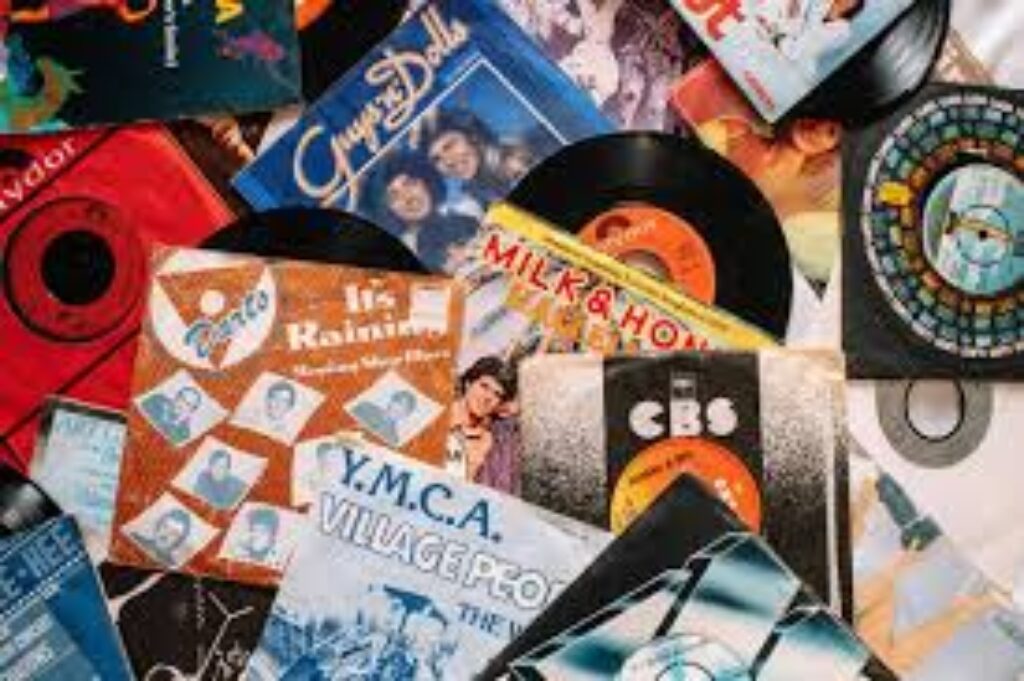
The Soundtrack of Our Lives: How Music Shapes Emotion, Memory, and Culture
Music is more than just sound—it’s a universal language that transcends borders, age, and even time. From the rhythm of a heartbeat to the vibrations of a live concert, music has the remarkable ability to connect us to ourselves and each other. Whether it’s a breakup ballad on repeat or a high-energy workout playlist, music plays a significant role in shaping our emotions, triggering memories, and influencing the way we experience life.
The Emotional Power of Music
One of the most profound aspects of music is its emotional influence. We all have songs that evoke certain feelings, whether it’s nostalgia, happiness, sorrow, or motivation. Music can shift our mood within seconds—lifting our spirits after a long day or giving us space to reflect during difficult times.

Scientific studies have shown that listening to music can trigger the release of dopamine, the brain’s “feel-good” chemical. This is why you get chills during your favorite song or feel energized by an upbeat tempo. Music therapy is even used in clinical settings to help people cope with depression, anxiety, trauma, and chronic illness.
A Memory Machine
Music and memory are deeply intertwined. A single song can transport you back to a specific moment in time—the smell of summer during high school, a long road trip with friends, or a first dance at a wedding. This connection happens because music activates multiple areas of the brain, including those responsible for memory, emotion, and sensory processing.
For individuals with Alzheimer’s or dementia, music can unlock memories that seem otherwise lost. A familiar melody can bring back a person’s sense of self, helping them reconnect with loved ones and past experiences. It’s a testament to the power of rhythm and melody to hold our histories.
Cultural Identity and Community
Beyond personal experience, music also serves as a vital expression of cultural identity. From traditional folk songs passed through generations to cutting-edge hip-hop tracks that capture today’s social issues, music tells the story of who we are. It reflects the values, struggles, and triumphs of communities around the world.
Think about how national anthems unify countries, or how protest songs give voice to movements. In many ways, music is a form of resistance, celebration, and storytelling. Festivals, concerts, and jam sessions all create a sense of belonging—reminding us that we’re part of something bigger than ourselves.
Technology and the Evolution of Sound

The way we consume and create music has changed dramatically in recent decades. From vinyl records and cassette tapes to streaming platforms and AI-generated compositions, technology has expanded access to music in unprecedented ways. With just a smartphone, you can explore the entire musical history of the world—from Beethoven to BTS.
Streaming services have also democratized the music industry, allowing independent artists to reach global audiences without needing a major label deal. On the flip side, algorithms now heavily influence what we listen to, shaping our tastes and pushing certain genres or artists into the mainstream.
The Future of Music
As technology continues to evolve, so too will the music we make and experience. Virtual reality concerts, AI-powered songwriting, and immersive soundscapes are already becoming part of the musical landscape. While the tools may change, the heart of music will remain the same—its power to move us, connect us, and tell our stories.
In a world that can often feel divided, music reminds us of our shared humanity. It doesn’t matter where you’re from or what language you speak—when the beat drops or the chorus hits just right, we all feel it. That’s the magic of music. It’s not just entertainment—it’s emotion in motion.








